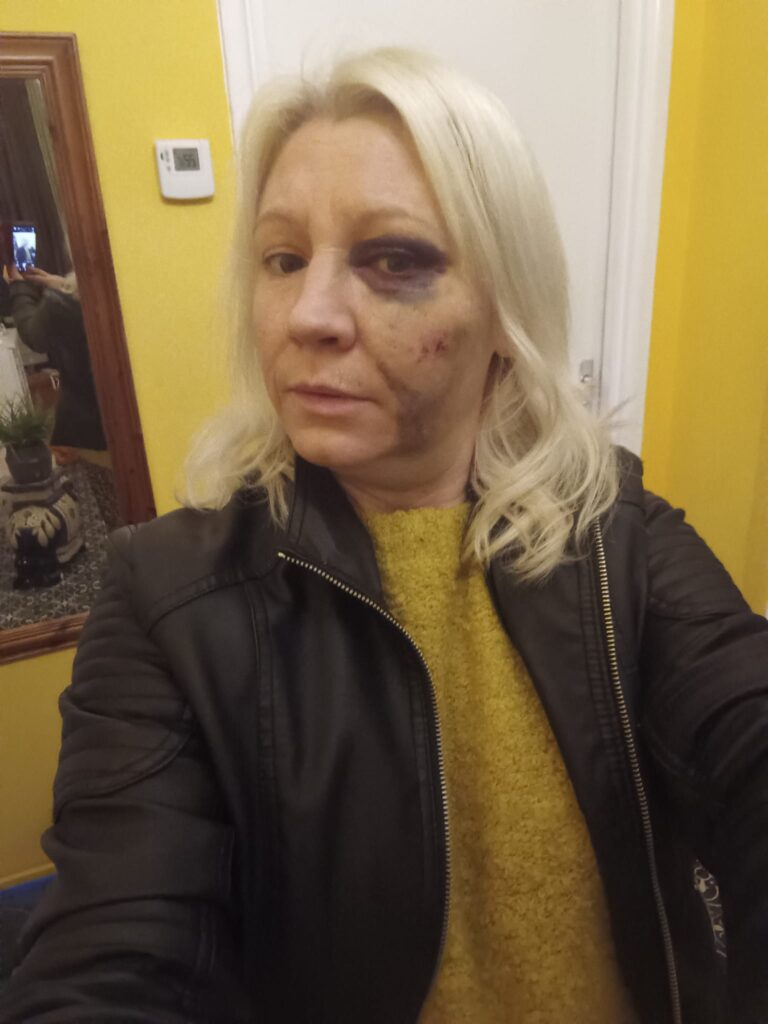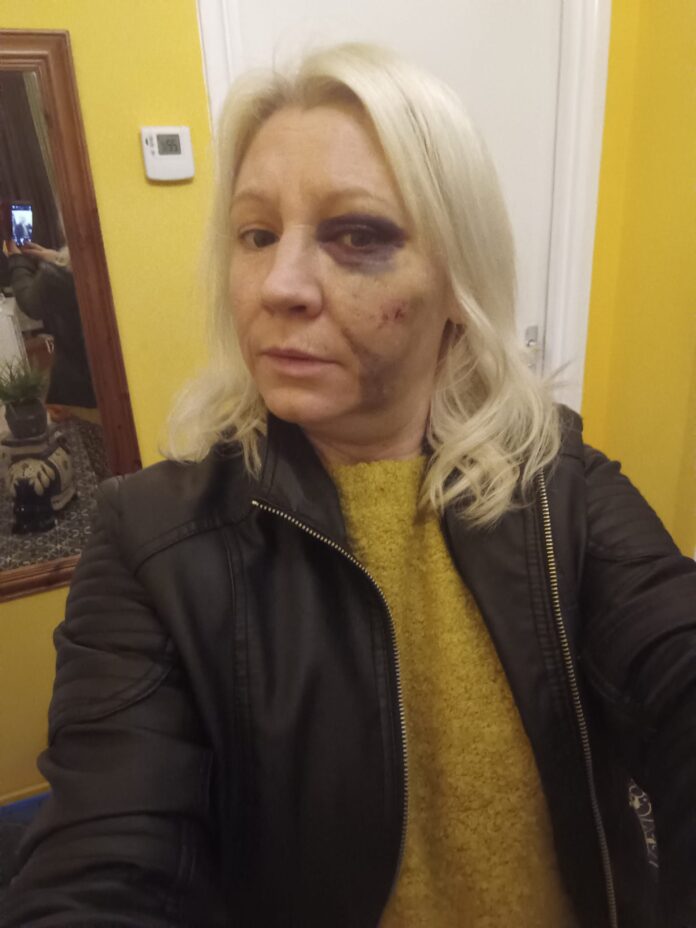Weymouth, like many other places, has become a common place for criminality. Some people are fortunate, and the police are able to locate the perpetrators and help those impacted, but as the crime statistics reveal, far too many go undetected, and the public is left to pick up the pieces.
The following from a woman in Weymouth (who we have not named) has sadly become quite typical.
“I urge anyone not to go out alone around Weymouth and especially the Park District. I got punched in the face, and my red bag was pinched with my phone and everything in it. This was around the back of the station in the alleyway between Ranleigh Road and Carlton Road North.
It all happened so quickly. It was around 1 a.m. and very dark. I am in contact with the police.”

Why crime statistics are an inaccurate reflection of the public’s experience of crime in the UK
Crime statistics serve as crucial metrics for understanding the prevalence and nature of criminal activities within a society. However, they often fall short of providing a comprehensive and accurate reflection of the true extent of crime in the UK. Several factors contribute to this discrepancy, undermining the reliability of these statistics and painting an incomplete picture of the actual crime landscape.
Firstly, a significant portion of crimes go unreported. Victims might choose not to report incidents due to various reasons, including fear of reprisal, lack of confidence in law enforcement, social stigma, or a belief that the crime is trivial and won’t be taken seriously. This underreporting distorts crime statistics, creating a gap between the number of crimes occurring and those officially recorded.
Furthermore, the criteria used by law enforcement to categorise and record crimes might not align with victims’ perceptions or experiences. Some incidents may be reclassified as lesser offenses or not logged as crimes at all, leading to a misrepresentation of the severity and frequency of certain offenses in official statistics.
Additionally, the reliability of crime data can be influenced by changes in policing strategies, recording practices, and reporting mechanisms over time. Alterations in how crimes are defined, recorded, or classified can affect statistical trends, making it challenging to compare data accurately across different periods.
Another factor impacting crime statistics is the issue of crime detection and prosecution. Not all reported crimes result in arrests, prosecutions, or convictions. Thus, the statistics might not capture the full scope of criminal activities if a substantial number of cases remain unsolved or do not lead to legal consequences.
Social and economic factors also play a role in distorting crime statistics. Communities with higher levels of poverty, unemployment, or social inequality might experience higher crime rates. However, these underlying societal issues are not always explicitly reflected in crime data, masking the root causes of criminal behaviour. This is as true in Dorset as in many other parts of the country, with the county experiencing high levels of poverty and deprivation. Very little is done about this either at the national level or at the local level, and it thus persists over the long term.
Moreover, the influence of public perception, media coverage, and political agendas can shape the reporting and prioritisation of certain crimes over others. This can create a disproportionate focus on specific offenses while overlooking or downplaying others, leading to a skewed representation of the overall crime landscape.
The above incident is a warning to us all that we should avoid walking alone in certain places and even avoid certain places, especially after dark. This is a sad reality, but one that is all too real.
If you know of anyone who can help, or if you have had a similar experience and would like to let the community know, please contact us at [email protected].
If you would like your interests… published, submit via https://dorseteye.com/submit-a-report/
Join us in helping to bring reality and decency back by SUBSCRIBING to our Youtube channel: https://www.youtube.com/channel/UCQ1Ll1ylCg8U19AhNl-NoTg SUPPORTING US where you can: Award Winning Independent Citizen Media Needs Your Help. PLEASE SUPPORT US FOR JUST £2 A MONTH https://dorseteye.com/donate/







